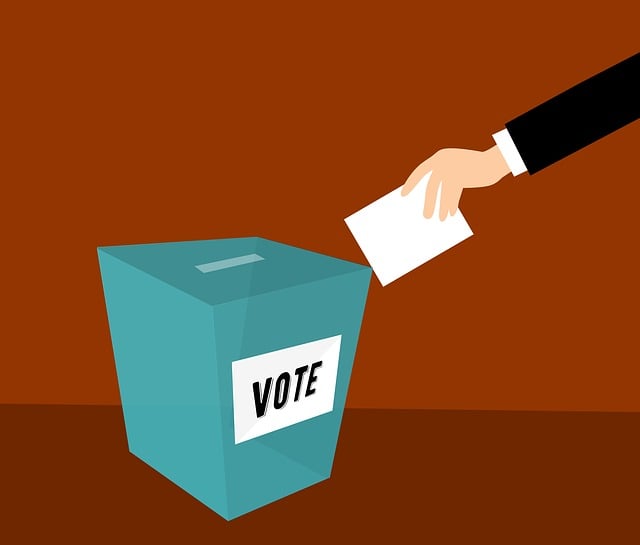
Which piece of legislation increased the number of eligible
Question:
Which piece of legislation increased the number of eligible voters by decreasing the required voting age to 18?
Fifteenth amendment
Twenty-sixth amendment
Nineteenth amendment
Voting rights act
Answer:
Twenty-sixth amendment
Voting Age Limit Before 26th Amendment
Before the 26th Amendment was ratified, people below 21 were barred from voting. This blocked a large group of America’s population from deciding who they wanted in different political offices. It was quite illogical to imagine a person between 18 and 21 years was considered not fit to vote back in the day.
You would imagine by 18 years old; you already knew much about politics. You even had some logical understanding of some policies and how those you could elect into office could change or improve these policies. Now imagine being unable to vote until you are 21 years old; quite frustrating, right?
This was the hard political reality youngsters had to get over before the 26th Amendment. Whether one was happy or not with those holding different political offices, they could not make actual contributions to deciding whom to occupy such offices.
The Birth of the 26th Amendment
The 26th Amendment was born following America’s intense engagement in the Vietnam War. In this war that started in 1954, America sent its most troops in 1965 in addition to the already enlisted military advisers. During this war, Young Americans aged 18 years and above were conscripted to the U.S military for this war.
Anti-war protesters started a hot topic. America was conscripting young adults for the fight, but at home, there we considered too young to vote. This was not adding up to anti-war protesters. The slogan, “Old enough to fight, old enough to vote,” was used significantly.
Before the 1972 election, there was confusion about who would be allowed to vote. Hastily, congress proposed an amendment to permanently lower the voting age limit. The ratification of the 26th Amendment, which lowered the voting limit from 21 years to 18 years, saw the light of the day on July 5th, 1971.
The significance of the 26th Amendment
1. Elimination of age-based civil discrimination: One of this Amendment’s core significance was eliminating age-based discrimination exercise of political rights. The Amendment granted young adults mature enough to exercise their political rights.
2. Bridging the gap between civil rights and legal privileges: Before the Amendment, young America (18+ years) were being sent to war overseas despite being denied a chance to exercise their civil right to vote. With the Amendment, a bridge closed on how Americans enjoy their civil rights dependent on their legal responsibilities.
3. Public policy influence: the Amendment opened a new era where young people influenced public policies. The heightened active engagement of young adults in political processes triggered changes in social justice issues, and education, among others.
To put this into perspective, a 19-year-old today can vote to favor a political candidate they think has the best education policies to enact.
4. Expansion of democracy: the amendment brought millions on board to exercise their democratic rights to vote. Those between years 18 and 21 could now take an active role in deciding who to elect in public offices to represent them.
5. Giving a sense of responsibility: the amendment gave some sense of responsibility to those who were brought on board. Young people could now hold themselves accountable for the performance of political leaders they elect in office.
If they elected a public servant who was poorly performing, they had themselves to blame and suffered the consequences. If they elect an excellent performing public servant, they have themselves to applaud.
6. Recognition of maturity: it was controversial for the state to fail to recognize adults above 18 years in their civil practices but send them to a foreign war. Since these young adults had proved they were mature if they could be sent to war, it was fair enough to recognize them as adults even in civil and legal privileges like voting rights.
Effect of Ratifying 26th Amendment
The effects of ratification of the 26th Amendment are still experienced today. Millions of young voters now shape electoral outcomes at the federal and state level. This is an exercise of their voting rights to elect political candidates who have their interests at heart.
Due to the recognition of maturity and the sense of responsibility given to young adults by the amendment, this demography has done more beyond politics. Collectively, young people initiate and steer together the movement for environmental protection, the movement against discrimination, and other related social movements.
In the modern world, social media has played a big role in advancing the democratic agenda of this demography of young adults. They can engage with their political leaders and other public servants in the exercise of different public policies. This helps to hold responsible those they elected in office during the term they hold their respective public offices.
Related Articles:
Why were few court cases won against monopolies and trusts during the gilded age?